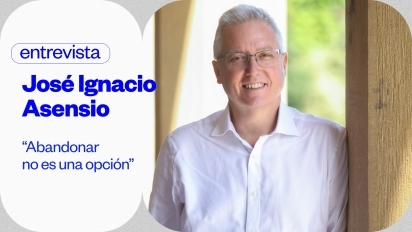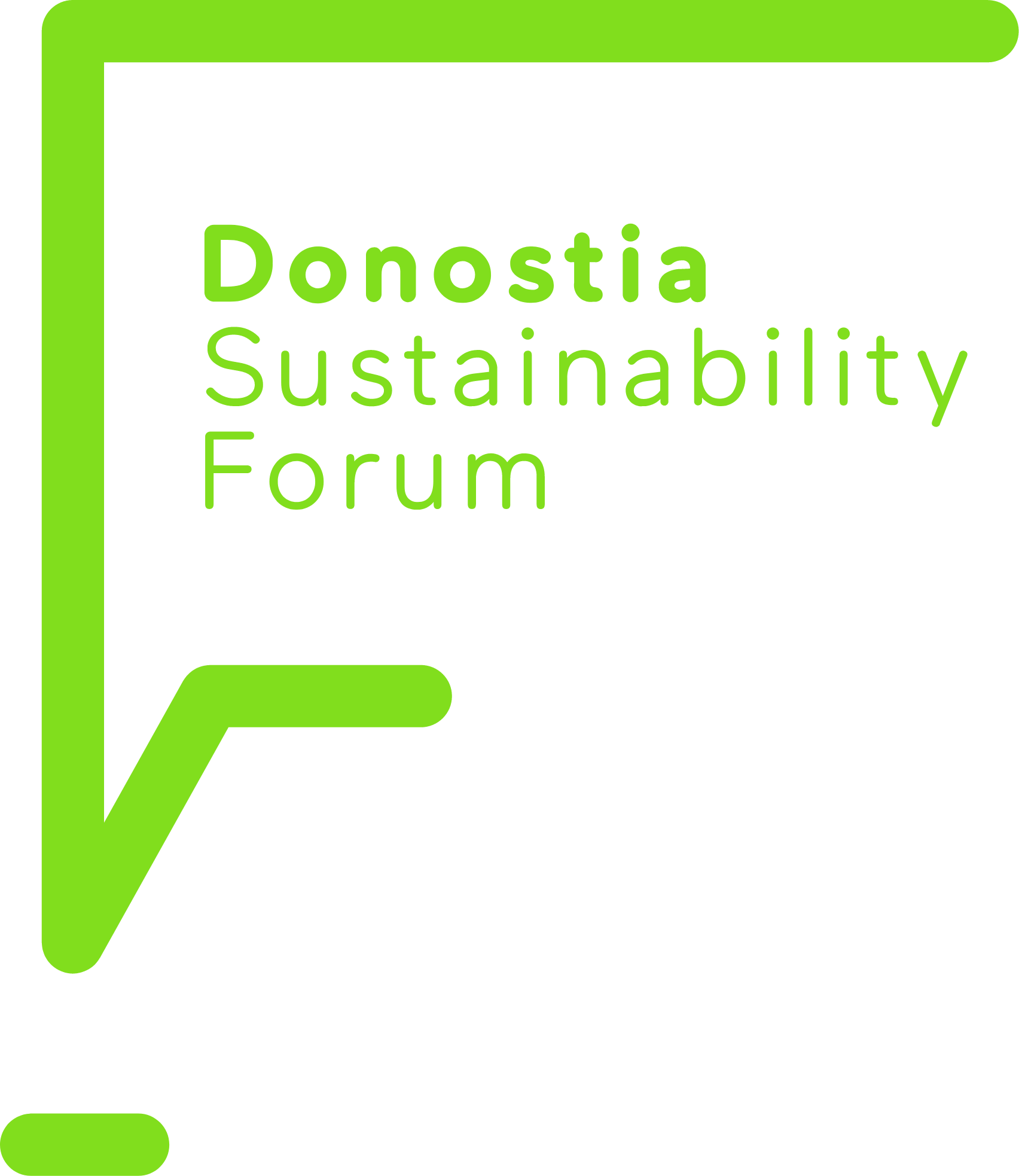Hydrogen as a commitment to the future while we recycle plastic
“Giving up is not an option. A future that is already present is at stake. Either it will be sustainable or it will not”.

José Ignacio Asensio referred to two projects for the future involving decarbonisation in Gipuzkoa: 1) the decision to go for hydrogen and 2) the recyclable plastic hub.
The green hydrogen plant in Zubieta
“Green hydrogen is destined to be a key element in the process of electrification and decarbonisation of industry and heavy goods transport”. Therefore, participating in its development while taking into account our industrial fabric, i.e. a high number of energy-intensive consumers, is essential. José Ignacio Asensio also pointed out that “it is an opportunity to get to know future technologies and markets and go into greater detail on them”. As a result, the Environment Department of the Territorial Administration of Gipuzkoa has decided to be part of the Basque Hydrogen Corridor, sponsoring a plant in Zubieta to produce this alternative fuel from organic material from urban waste based on the organic waste from households that is deposited in brown garbage containers.
The hydrogen will be used for passenger transport vehicles and garbage collection trucks. “This plant will capture CO2 from waste, achieving a negative carbon balance in the process”. In the pilot phase the plant will generate 500 kg of hydrogen per day to supply five garbage collection tracks and five buses of the Lurraldebus fleet”. The generation capacity of hydrogen will increase with the treatment of more urban waste, which currently stands at 55,000 tonnes per year but will reach 70,000 in 2030. With the plant operating at full capacity sufficient hydrogen will be generated to supply the entire Lurraldebus fleet.
Contextualising the strategic value of the project, Mr Asensio recalled that 40% of the energy consumption and emissions in Gipuzkoa are attributable to transport, so decarbonisation of the sector is a key element in carrying out the energy transition.
Circular Economy Innovation Hub for plastics in Zumarraga.
José Ignacio Asensio also mentioned a plastics recycling project. Carried out together with the company Plastic Energy, it is based on a plant that will treat more than 30,000 tons of plastics that cannot be recycled using traditional technologies.
The new technologies used will convert the plastic into TAKOIL (oil) to be used in the creation of new sustainable plastics. “The plant in Zumarraga will provide companies with products for canning food according to all the latest environmental requirements. The raw materials used will have the same properties as those used to date by exploiting natural resources”.
The project has been financed by the Environment Department of the Territorial Administration of Gipuzkoa to the tune of €5 million and has been presented for the Next Generation Funds call for tender. The overall investment for the project is estimated at €80 million, either in the plant itself or by the creation of 40 direct jobs.
On several occasions José Ignacio Asensio pointed out that “we all need to take action”. No matter what size we are, we have to do it and we are doing it through “planning of climate management” to “see and exploit the opportunities of the energy transition” and convey them to society at large. “We all want to participate in the advantages of the process and we need allies along the way”. We also need to “keep to the path and persevere. Giving up is not an option. A future that is already present is at stake. Either it will be sustainable or it will not”.



